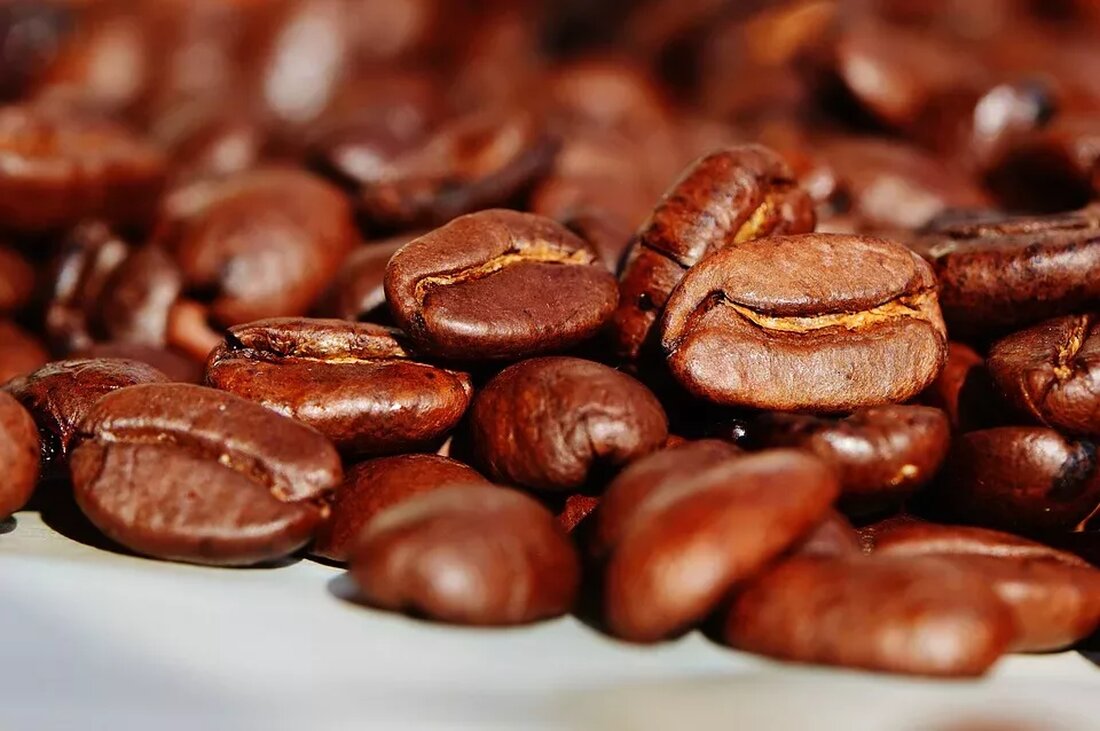Fermented foods and their benefits
Fermented Foods and Their Benefits The use of fermented foods dates back to ancient times when people learned to ferment foods to make them last longer and improve their nutritional value. Today, fermented foods are experiencing a renaissance as their numerous health benefits are increasingly recognized. In this article, we'll take a closer look at fermented foods and their benefits. What are fermented foods? Fermented foods are foods made through the process of fermentation. Fermentation is a natural biochemical process in which microorganisms such as yeast, bacteria or mold break down sugars or carbohydrates in food. …

Fermented foods and their benefits
Fermented foods and their benefits
The use of fermented foods dates back to ancient times, when people learned to ferment foods to make them last longer and improve their nutritional value. Today, fermented foods are experiencing a renaissance as their numerous health benefits are increasingly recognized. In this article, we'll take a closer look at fermented foods and their benefits.
What are fermented foods?
Fermented foods are foods made through the process of fermentation. Fermentation is a natural biochemical process in which microorganisms such as yeast, bacteria or mold break down sugars or carbohydrates in food. This breakdown leads to the formation of compounds such as lactic acid, acetic acid or alcohol, which are responsible for the characteristic taste and consistency of fermented foods.
Popular fermented foods
The list of fermented foods is long and varied. Here are some of the most popular fermented foods:
sauerkraut
Sauerkraut is one of the most famous fermented foods. It is made from chopped cabbage that is rubbed with salt and then fermented. During fermentation, the carbohydrates in cabbage are broken down by lactic acid bacteria, resulting in an acidic environment. This process not only makes the sauerkraut last longer, but also enriches it with probiotic bacteria.
Pickles
Pickles are another popular fermented food. Cucumbers are brined and then fermented with vinegar. This process gives the cucumbers their characteristic sour taste and crunchy texture.
yogurt
Yogurt is a fermented milk product. It is made by fermenting milk with a culture of yogurt bacteria. These bacteria break down the sugar contained in milk and produce lactic acid, which sours the yogurt. Not only is yogurt a good source of probiotics, but it is also rich in proteins and vitamins such as calcium and B vitamins.
Kimchi
Kimchi is a Korean dish made from fermented vegetables. It is made from cabbage, radish and spices and then fermented. Kimchi is known for its spicy taste and its positive effects on intestinal health.
Kombucha
Kombucha is a fermented drink made from sweetened tea. It is fermented by adding a so-called kombucha mushroom, which consists of a mixture of yeast and bacteria. The resulting drink has a slightly sour taste and is often marketed as a probiotic drink.
The benefits of fermented foods
Fermented foods offer numerous health benefits. Some of these benefits include:
Probiotics
Fermented foods are rich in probiotic bacteria, which have a positive effect on intestinal health. Probiotics help maintain a healthy balance of intestinal flora and can relieve digestive problems such as bloating and constipation. They also strengthen the immune system and can even improve mood.
Improved nutrient absorption
Fermentation can increase the bioavailability of nutrients. This is because the process of fermentation partially breaks down the carbohydrates and proteins in foods so that they can be more easily absorbed by the body. For example, fermented milk can provide more calcium than regular milk because the breakdown of lactose during fermentation improves calcium absorption.
Shelf life of food
Another advantage of fermented foods is their longer shelf life. Fermentation kills harmful microorganisms while simultaneously growing beneficial microorganisms. This prevents food from spoiling and increases its shelf life without the use of artificial preservatives.
Digestive support
The probiotic bacteria in fermented foods can aid digestion by facilitating the breakdown of nutrients. They also support the production of digestive enzymes and can help relieve digestive symptoms such as heartburn or bloating.
Conclusion
Fermented foods are delicious, nutritious and provide numerous health benefits. They are a good source of probiotic bacteria that can improve gut health. In addition, fermentation increases the bioavailability of nutrients and increases the shelf life of food. By consuming fermented foods regularly, we can support our digestive system and promote our health in various ways. Try different fermented foods and see for yourself the benefits they can provide.

 Suche
Suche
 Mein Konto
Mein Konto
